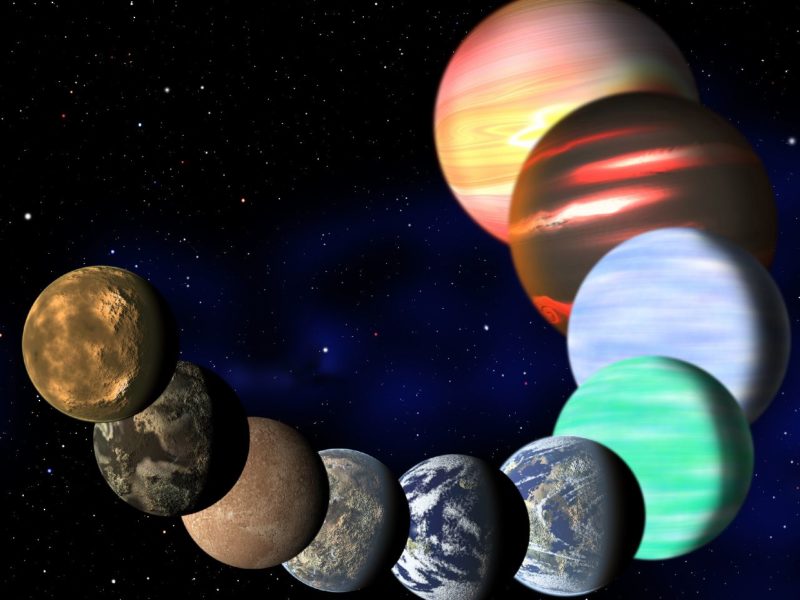Baltimore, Maryland – Wrens appear to have a remarkable memory for music. Researchers at Johns Hopkins University in Maryland have been studying how the small birds sing their perfect duets. The wren, when singing together in male-female duets, are so perfectly synchronous that at times they sound like one bird. The scientists thought that this was because of an instinctual response in the birds’ brains, a type of code that would make one bird respond in a certain way to the song of the other. Rather than being pre-programmed to work, the researchers found that the male and female wren each have a perfect memory of the duet, which allows them to sing it together so well. They don’t just remember their own parts, they remember each other’s parts and the final song.
Devon, England – According to a new study by paleontologists, modern humans had finished their migration to Western Europe much earlier than originally thought. New evidence and better dating methods have allowed the scientists working on this study to determine that the age of a jawbone found in a cave in England to be between 41,000-45,000 years. The paleontologists involved pointed out that this jawbone is of our species, that being modern human, as distinct from Neanderthals. This puts the two species on the European continent at the same time, which would explain the existence of technologies that were unique to both species.
Pasadena, California – Clay deposits have been discovered on Mars, leading to new speculation as to the presence of water on the planet. Clay forms only under certain conditions, and in the presence of water for a long period of time. According to a new study by planetary scientists at the California Institute of Technology in Pasadena, California, these clay deposits were discovered far below the surface of the planet, lending yet another proof that the surface of Mars was probably never a host to any living organism. There may have been life below the surface at one time, according to Bethany Ehlmann, one of the planetary scientists working on the study.


'Scientific discoveries this week: 11-7-11' has no comments
Be the first to comment this post!